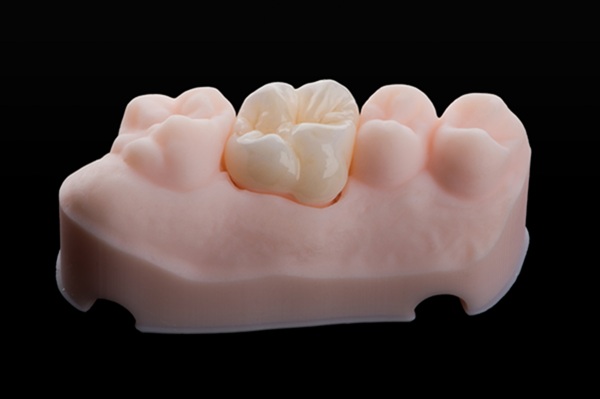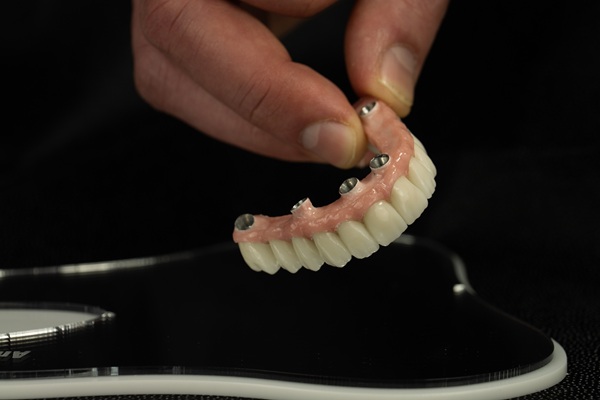Cavity Treatment: Three Reasons Not to Put it Off

If you suspect you have cavities, you might be wondering how long you can wait before seeking cavity treatment. The simple answer is that the longer you delay restorative dental treatment for tooth decay, the more damage occurs to the teeth. When you notice the toothache or feel a hole in your tooth, you should schedule an appointment immediately. Sometimes, the signs are not so obvious, but the dentist can detect the presence of a cavity and provide treatment before the symptoms become pronounced.
The need for prompt cavity treatment
Patients will hardly notice any pain or sensitivity until the decay spreads from the enamel layer to the dentin. The dentin contains many tiny nerve endings that get irritated and cause sensitivity when consuming sweet, sour, hot, cold or sticky foods. The person may also feel pain when biting or chewing and discover that food particles get stuck around their teeth easily. Here are some of the reasons to get cavity treatment as soon as possible:
Further damage to the tooth’s structure
Once the cavity forms and gets to the dentin layer, it will spread through rapidly because it is softer than the enamel. Root decay will also follow because the cementum shielding the root is not as thick or hard as the enamel. As the decay worsens, the tooth decay will continue and the pain may get more regular and severe. The fact is that a cavity will continue to spread through the tooth until the dentist provides treatment. Delaying treatment for any reason will only allow more damage to occur.
Infection may set in
It is vital to note that infection occurs once decay and bacteria invade the layer of the tooth containing the pulp, which comprises the nerves and blood vessels. Pain from an infected or abscessed tooth can be persistent, debilitating and probably keep the person awake throughout the night.
Other signs of infection include fever, facial swelling and a foul taste in the mouth. Patients may notice pus draining from inflammation around the gums. The consequences can be devastating if the infection spreads into the jawbone and the bloodstream. Once a tooth is infected, a root canal procedure will be necessary to restore it to proper health.
Treatment will be more extensive
A dental filling is enough for small cavities. This is a minimal option compared to a dental crown because it only replaces the tooth’s structure lost to decay. When tooth decay is severe, a dental crown might be required, which entails modifying the tooth’s structure to make space for the dental crown. Although both options are good for aesthetics and functionality, it is better to preserve the natural tooth structure as much as possible.
In summary
A routine appointment with the dentist can help detect the presence of cavities. The dentist will provide the most appropriate cavity treatment and restore the appearance of your smile. To minimize the potential damage that may result from tooth decay, it is advisable to visit the general dentist as soon as possible.
Request an appointment here: https://www.tucsonazdentistry.com or call Advanced Family Dentistry at 5203533002 for an appointment in our Tucson office.
Check out what others are saying about our dental services on Yelp: Cavity Treatment in Tucson, AZ.
Recent Posts
A general dentist can help you to get past any toothache. Toothaches tend to occur as the worst possible times and they are usually an indicator there is something wrong with that specific tooth.Toothaches are often the result of a tooth being damaged by decay or trauma. It can also be a symptom of an…
The general dentist often uses a dental filling as a restoration procedure for teeth damaged due to decay. Unless the tooth is severely damaged and needs a root canal and a crown, only the tooth filling will be enough. It is better to visit the dentist regularly for checkups, so decay not get too severe.The…
Learning how to prevent cavities from a general dentist is smart. General dentists understand everything there is to know about how to take care of your mouth and are a great source of dental information. Whether you think you already have a cavity or want to make a preventive appointment to avoid getting a cavity…
A smile is often one of the first features that people notice, so general dentists and orthodontists work hard to improve people’s smiles so that they can be beautiful and healthy. However, there is a distinct difference in both dental professions:General dentists focus on providing overall care, restoring smiles, and making them look more beautiful.On…


